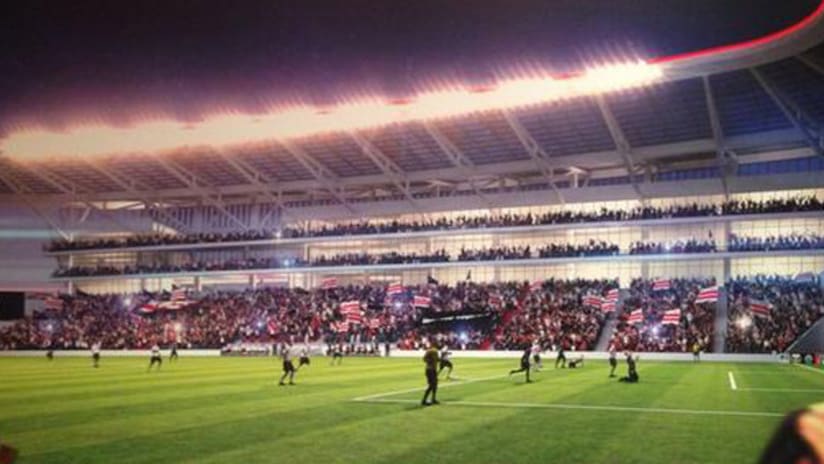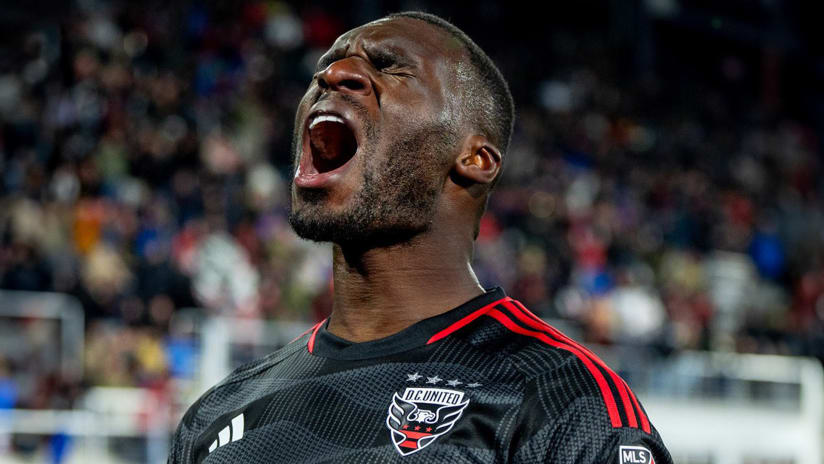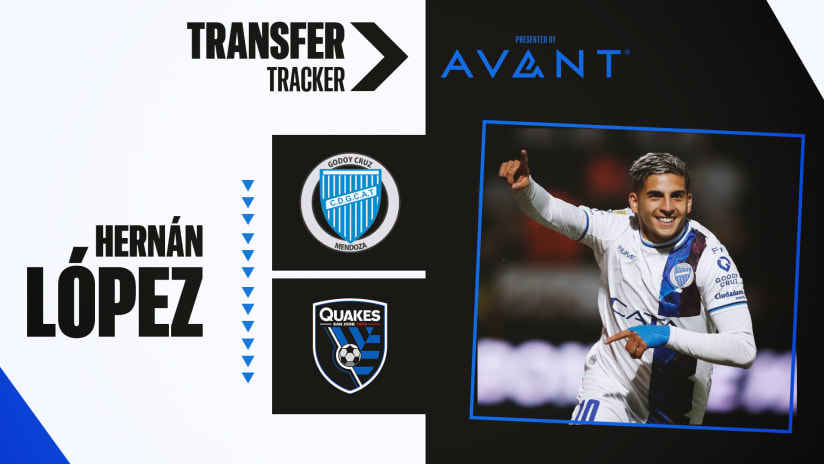WASHINGTON – Members of the D.C. city government on Wednesday discussed the city's plan to build a downtown, soccer-specific stadium for D.C. United, after City Council chair Phil Mendelson released a new report analyzing the costs and benefits of the $286.7 million project proposed by current Mayor Vincent Gray.
More than 400 pages in length, the official report breaks down the many aspects of the complex plan to build a new home for United at Buzzard Point in Southwest D.C. (Find the official cost/benefit report here [PDF].)
The report notes that the cost split between the District and D.C. United is in line with other MLS stadiums, and they are more advantageous than the $700 million the city spent for Nationals Park. Due mainly to the high costs of downtown real estate, United's stadium would be the most expensive venue ever built for a Major League Soccer team. And while it takes issue with some elements of the joint public-private deal, the report concluded that the city stood to gain a net $109 million windfall over the course of the team's lease at the venue, while creating thousands of jobs and an estimated $2.6 billion in economic activity.
Wednesday's roundtable ran some three hours in length, with Councilmembers, independent analysts and Gray administration officials taking part in advance of the bill being formally considered by the City Council.
“In a nutshell, it’s better to do it,” said Ward 2 Councilmember Jack Evans. “The city will be better off by $109 million.”
At-large Councilmember David Grosso concurred, and expressed optimism that a few remaining hurdles can be negotiated in time for United to move into their new home in 2017.
“It shows that we’re not too far off. And that’s a big deal,” said Grosso.
The plan calls for the city to swap parcels of land in other neighborhoods in order to acquire the land at Buzzard Point, which lies just west of the Nationals Park baseball stadium.
The city would contribute an estimated $131.1 million to acquire and prepare the site, while United would spend an equal or greater amount on construction of the facility itself, about 53 percent of the project's overall cost.
Local construction and building trades also announced their strong support of the project on Wednesday, hailing the contents of the cost/benefit report and noting that a project labor agreement has already been agreed that will ensure opportunities for local residents.
“Jobs associated with this project would generate personal earnings of an estimated $1.3 billion [over the course of the stadium lease],” said Mark Coles, executive director of the Community Hub for Opportunities in Construction Employment, told reporters in a conference call. “Absent the D.C. United stadium project, no significant development is anticipated in the Buzzard Point area for a minimum of eight to 10 years.
“It is our belief that this project should now move forward without any further delay.”
- Find more Black-and-Red news at DCUnited.com
Coles was joined on the conference call by former NAACP president Ben Jealous, who lives just outside D.C. in Silver Spring, Maryland.
“As someone who has lived and worked much of my life in Washington, D.C., I know this project is a win-win for the District and its residents,” said Jealous. “Not only does it include new construction, new jobs and increased tax revenue, it also includes a project labor agreement that guarantees that half these jobs will go to current D.C. residents.
“We need more projects like this one to help us spread growth and increase prosperity for all D.C. residents. It's important that the Council act quickly – there really is no reason to believe that all the different pieces that are required for this deal's success would be available and able to be reconfigured, should there be a delay. This is a good project and there's real balance in the way that it's being done.”














